Private school students 'get better degrees with poorer grades'
Good exam results not necessarily enough to get into leading universities, new research shows
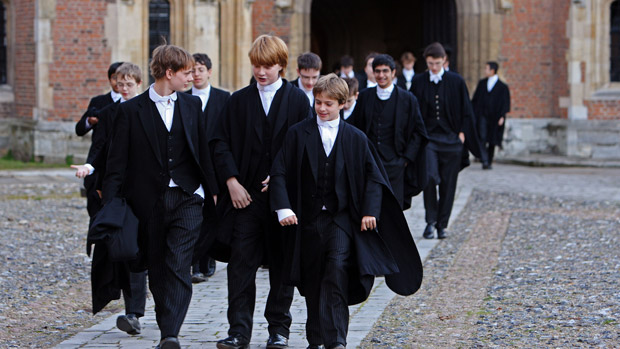
A free daily email with the biggest news stories of the day – and the best features from TheWeek.com
You are now subscribed
Your newsletter sign-up was successful
Students who receive a private education are significantly more likely to graduate from a leading university than their state school peers, regardless of their exam results, new research shows.
Researchers focused on 7,700 people born in the 1970s, looking at their exam results aged 11, 16 and 18, their social background and their parents' educational achievements.
They found that students who attended a private school were two and half times more likely to receive a place at a Russell Group university than state school pupils with the same exam results.
The Week
Escape your echo chamber. Get the facts behind the news, plus analysis from multiple perspectives.

Sign up for The Week's Free Newsletters
From our morning news briefing to a weekly Good News Newsletter, get the best of The Week delivered directly to your inbox.
From our morning news briefing to a weekly Good News Newsletter, get the best of The Week delivered directly to your inbox.
Almost 31 per cent of private school pupils received a degree from an elite university, compared to just 13 per cent from grammar schools and five percent from comprehensives, according to the study by the University of Manchester and Institute of Education.
The report concluded that receiving a private school education was "powerfully predictive of gaining a university degree and especially a degree from an elite institution", according to the Daily Telegraph.
"Advantaged social origins and private schooling raises the chances of getting a degree, and especially an elite degree, above and beyond test scores and examination attainment," said lead researcher Professor Alice Sullivan from London University's Institute of Education.
Having a parent with a university degree also boosted the child's chances of attending a prestigious university. The parents' "level of motivation and ambition regarding education, as well as differences in political outlook linked to attitudes towards 'getting on' in life" also had an impact, said researchers.
A free daily email with the biggest news stories of the day – and the best features from TheWeek.com
Even though the research focused on students born in the 1970s, "the findings are still relevant today", Sullivan argues in The Conversation. "Given the domination of Britain's ruling class by graduates of private schools and elite universities, these non-meritocratic processes have important repercussions," she said.
-
 Crisis in Cuba: a ‘golden opportunity’ for Washington?
Crisis in Cuba: a ‘golden opportunity’ for Washington?Talking Point The Trump administration is applying the pressure, and with Latin America swinging to the right, Havana is becoming more ‘politically isolated’
-
 5 thoroughly redacted cartoons about Pam Bondi protecting predators
5 thoroughly redacted cartoons about Pam Bondi protecting predatorsCartoons Artists take on the real victim, types of protection, and more
-
 Palestine Action and the trouble with defining terrorism
Palestine Action and the trouble with defining terrorismIn the Spotlight The issues with proscribing the group ‘became apparent as soon as the police began putting it into practice’
-
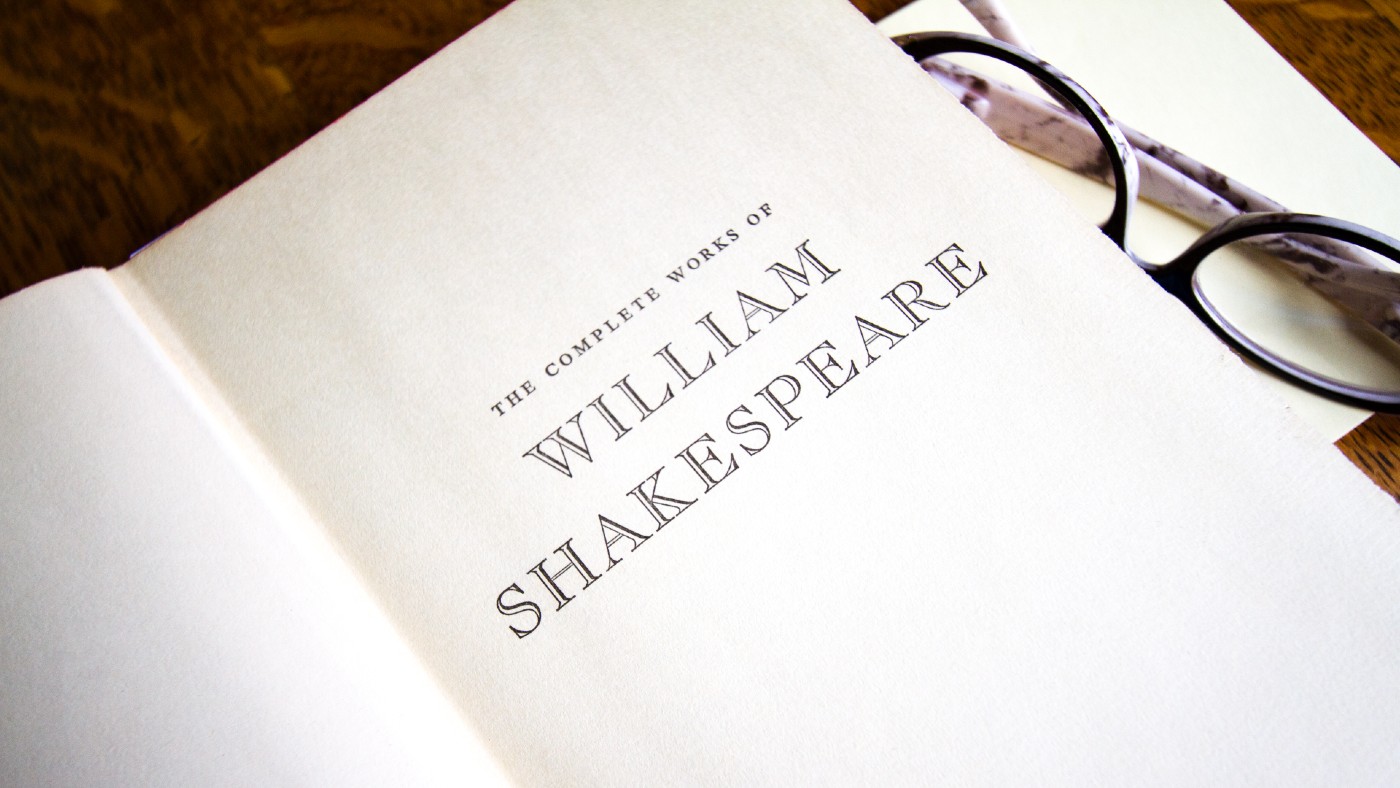 English literature: is it doomed?
English literature: is it doomed?Speed Read Arts and humanities courses are under attack thanks to a shift to ‘skills-led’ learning
-
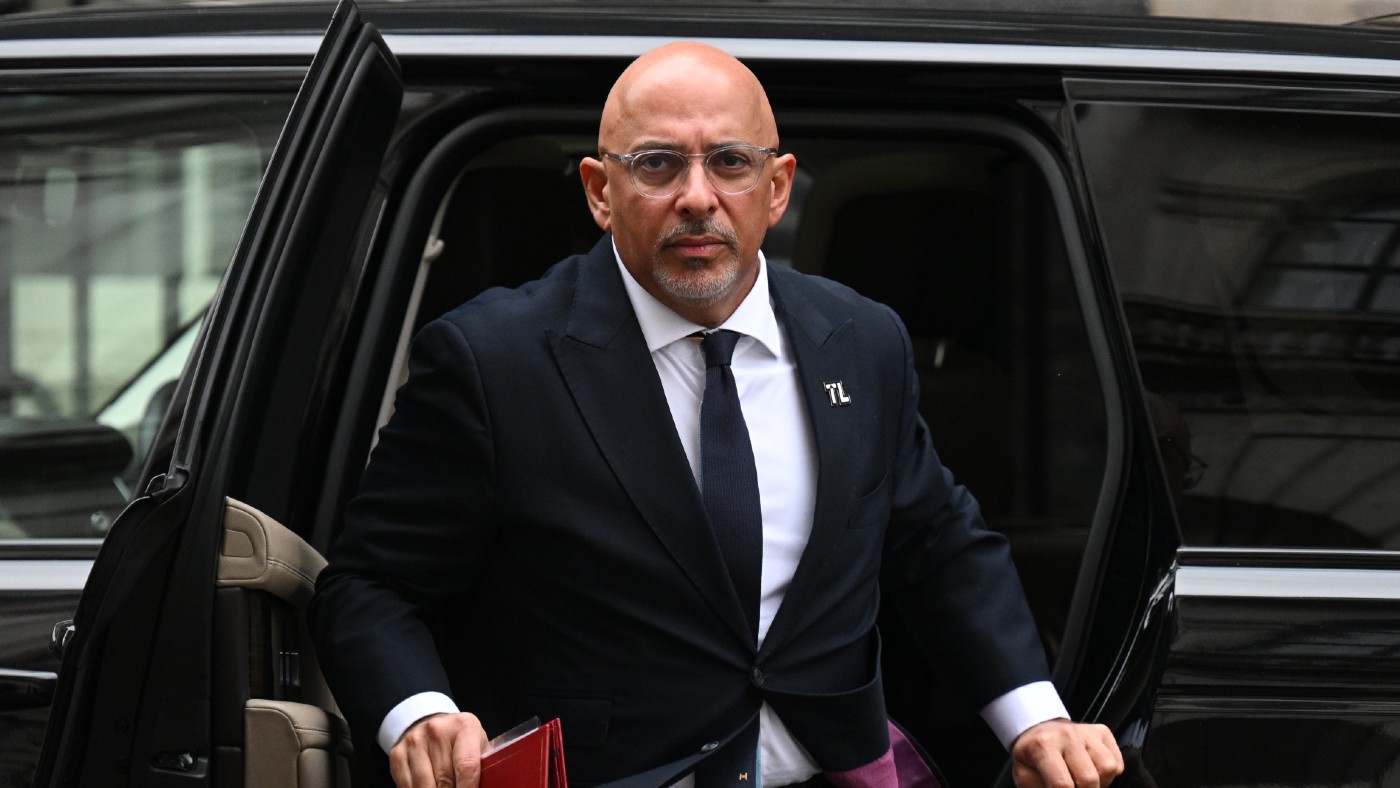 Are UK classrooms a new political battleground?
Are UK classrooms a new political battleground?Speed Read Government has issued new guidance on political neutrality in schools
-
 Kathleen Stock resigns: the ‘hounding’ of an academic on the front line of transgender rights debate
Kathleen Stock resigns: the ‘hounding’ of an academic on the front line of transgender rights debateSpeed Read Sussex University students claim ‘trans and non-binary students are safer and happier for it’
-
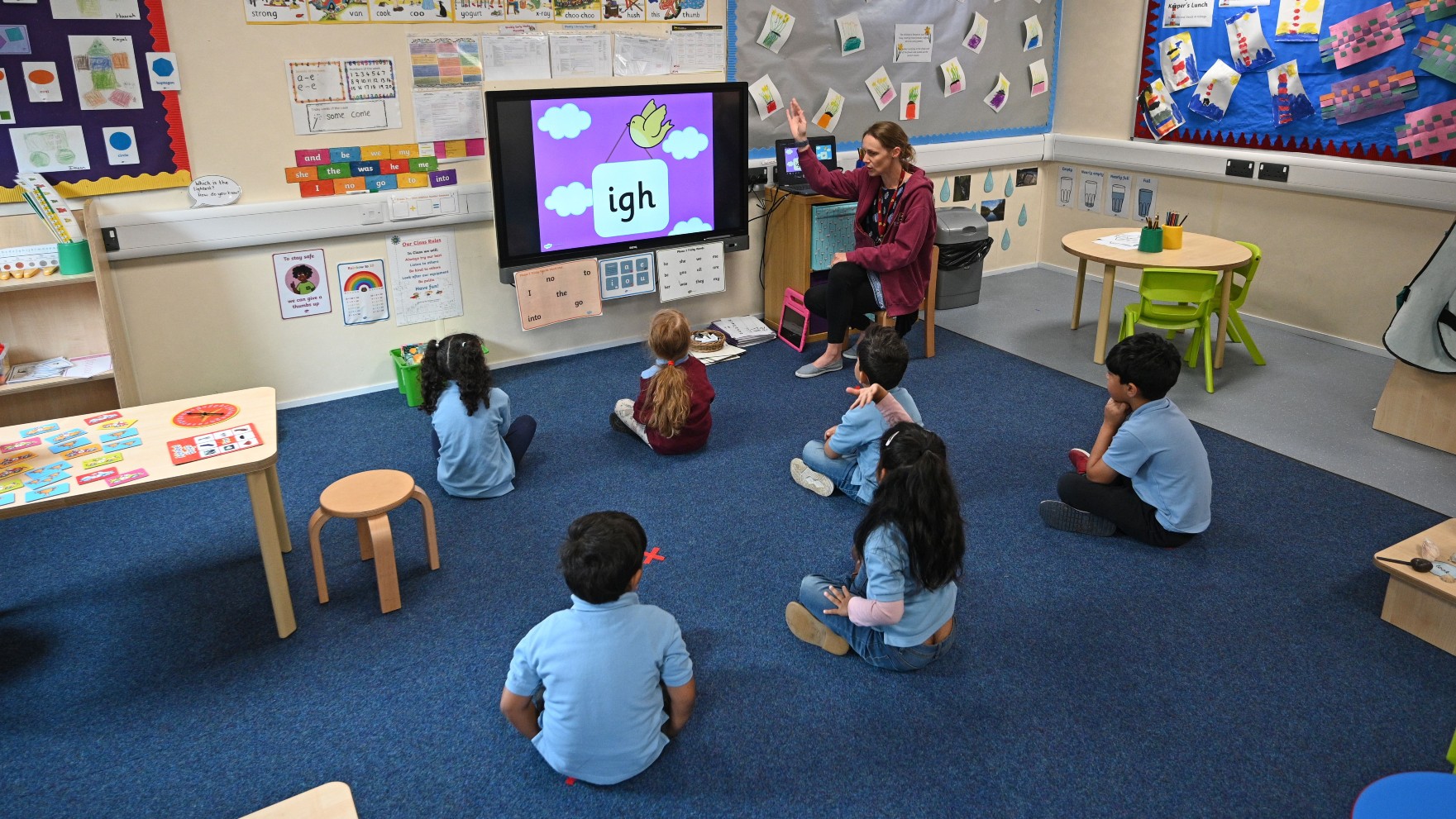 How 100,000 ‘lost children’ disappeared from UK school system
How 100,000 ‘lost children’ disappeared from UK school systemSpeed Read Experts warn that vulnerable pupils may be recruited by gangs after failing to return to education post-lockdown
-
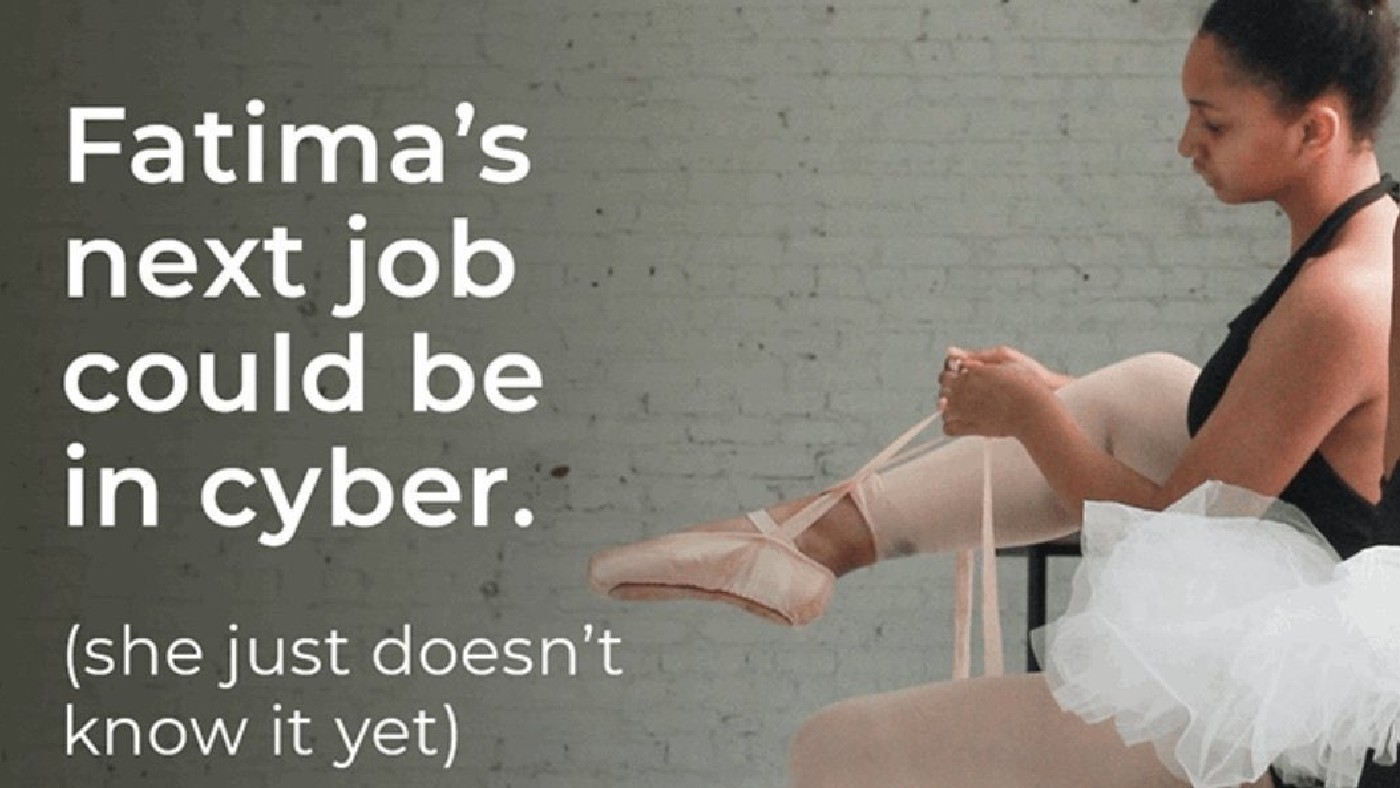 Why is the government planning to cut arts education funding by 50%?
Why is the government planning to cut arts education funding by 50%?Speed Read Proposal described by critics as ‘catastrophic’ and ‘an attack on the future of UK arts’
-
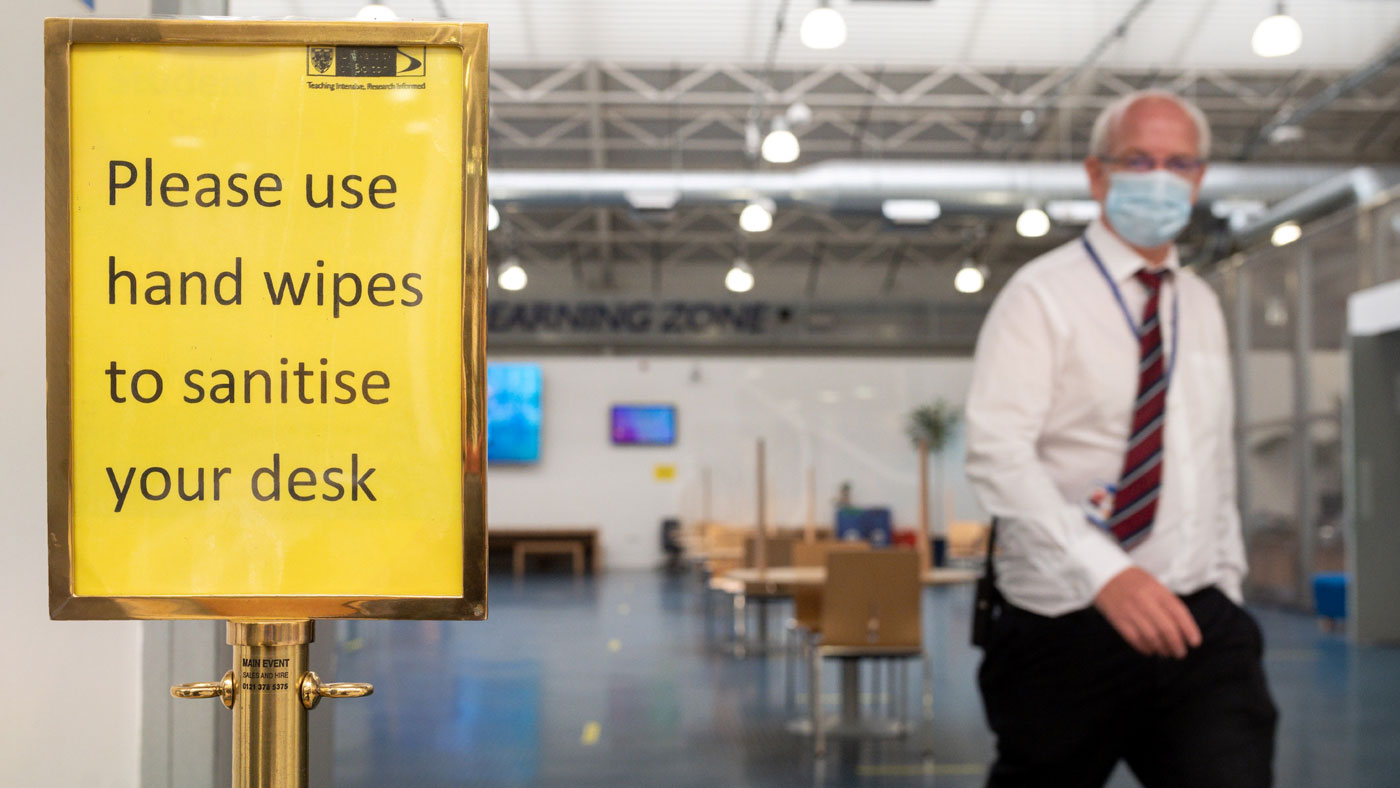 Schools do not spread Covid-19, multiple studies find
Schools do not spread Covid-19, multiple studies findSpeed Read Reports from Germany, Norway and the WHO conclude schoolchildren are not vector of infection
-
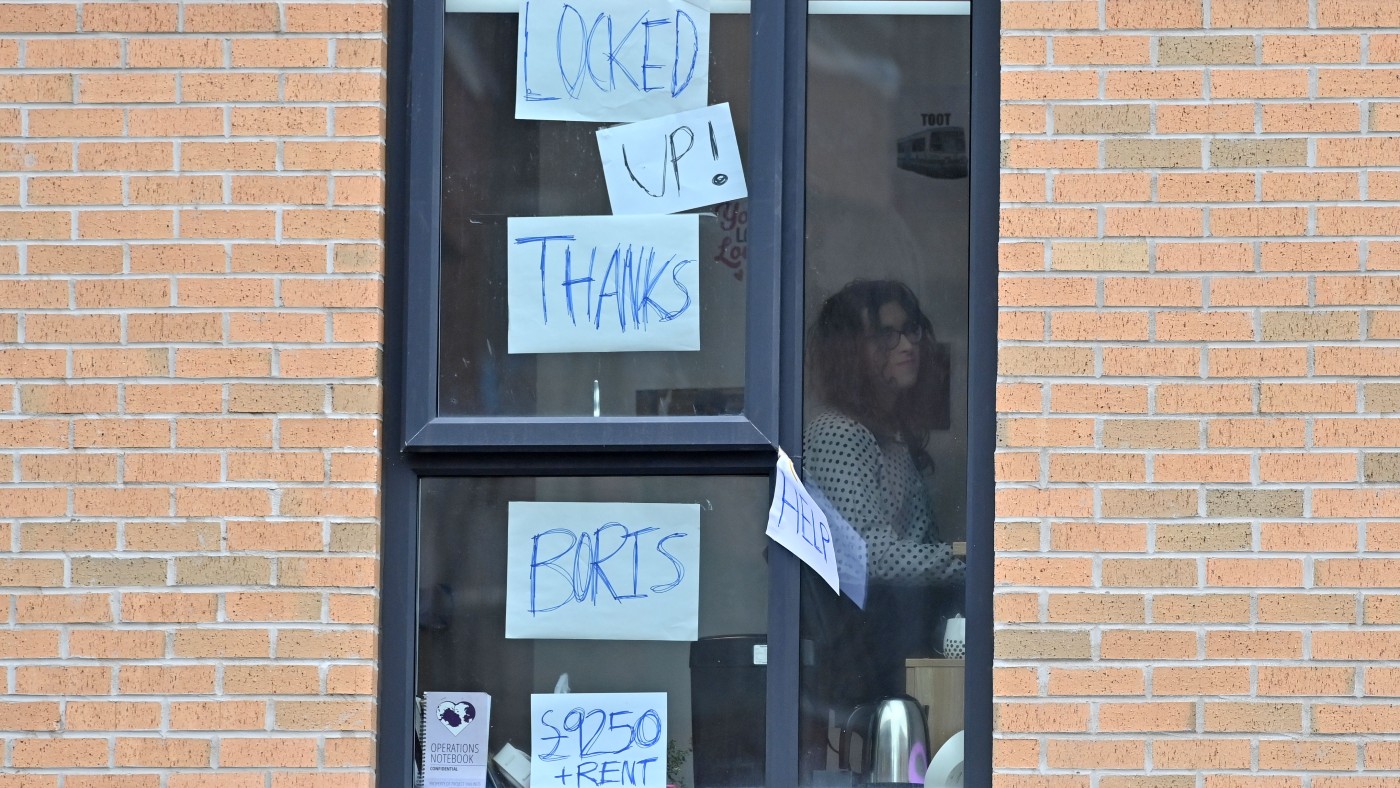 Universities must consider refunding students hit by Covid disruption, regulator warns
Universities must consider refunding students hit by Covid disruption, regulator warnsSpeed Read Institutions under investigation as thousands of undergraduates remain locked down amid coronavirus outbreaks
-
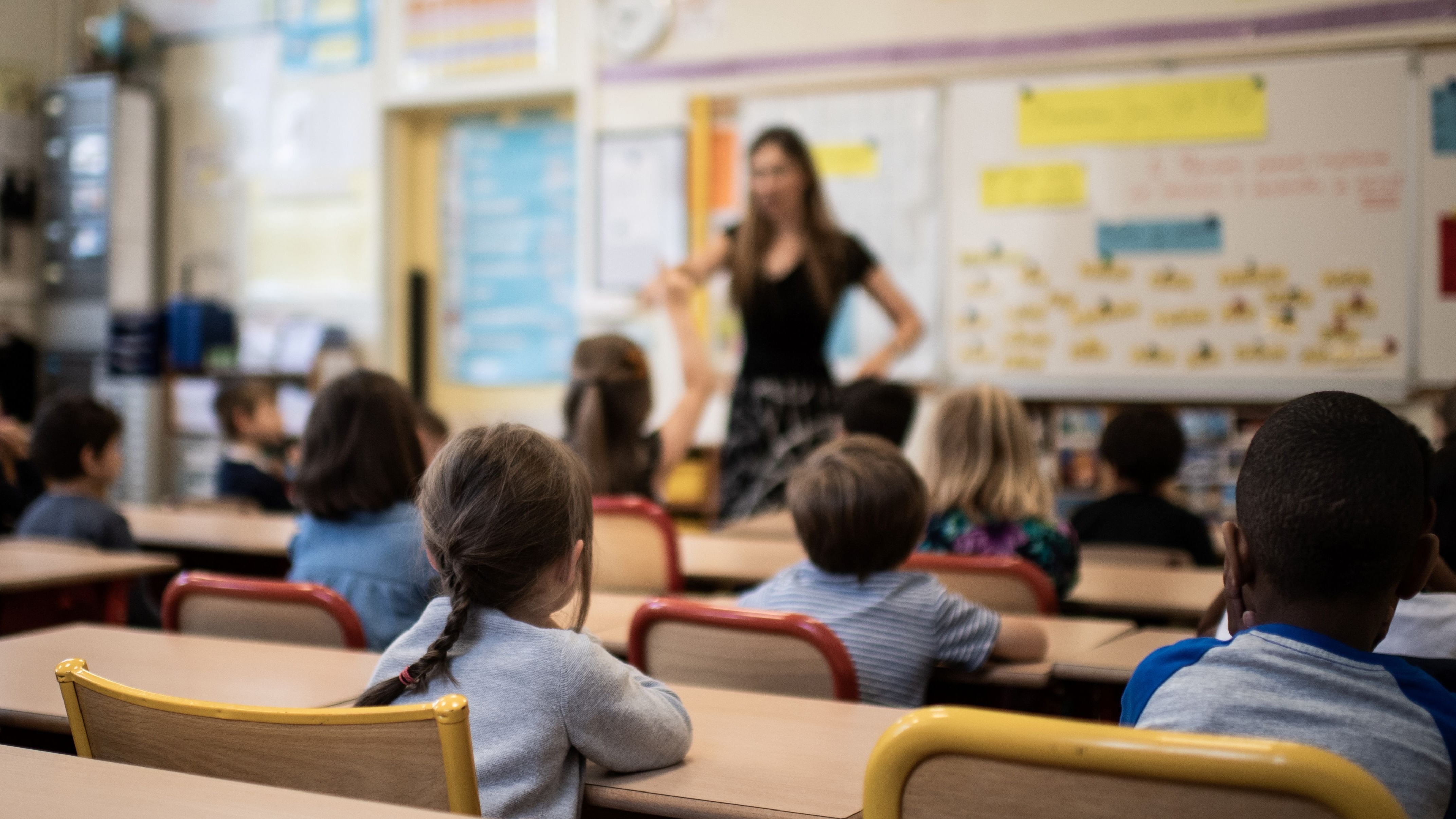 Coronavirus: will UK schools have to close again?
Coronavirus: will UK schools have to close again?Speed Read Thousands of teachers are self-isolating - but the government is determined not to order new closures